
After two-week marathon proceedings of the apex court, the Election Commission of Pakistan (ECP) on Tuesday agreed to hold local government (LG) elections in Punjab and Sindh on September 20 and submitted their proposed schedules.
The Supreme Court’s three-judge bench, headed by Justice Jawwad S Khawaja – while accepting the LG polls schedules – asked the ECP to submit a progress report on each stage of the LG polls for perusal in chamber.
The bench also warned that any deviation from the schedules will have serious consequences. Local government polls have not been conducted in the country since 2009.

According to proposed schedule, the LG polls process in Punjab and Sindh will start on July 29 and the polling will be held on September 20.
The ECP said 25 days are required for printing of ballot papers and delivery of the same to the returning officers and then to presiding officers. The same period may be used by contesting candidates for election campaign, it said.
The commission also issued a schedule for carrying out delimitation process in the two provinces. The process will start on March 15 and it will end on July 28.
The LG polls in the cantonment areas will be conducted on April 25 while polls in Khyber-Pakhtunkhwa will be held on May 30. In Islamabad Capital Territory (ICT), the LG polls will be held on July 25. The LG elections process has already been completed in Balochistan.
Earlier, the commission had submitted three revised schedules for holding LG polls in Punjab and Sindh but the court rejected them and asked the commission to complete all the election process until September 2015.
Previously, the commission had proposed February 20, 2016 as polling date in Punjab and March 20, 2016 as polling date in Sindh.
Later on, the ECP had also submitted a phase-wise revised schedule, wherein it was proposed that the first phase of polling be held on September 30, the second phase on November 4 and the third phase on December 9.
During the hearing on Tuesday, Punjab Advocate General Navid Rasool Mirza expressed apprehension that the schedule might be affected due to floods, which usually hit the province in August.
The comment, however, provoked the ire of the court, which said it may issue a notice to the province, if it has an objection to the schedule.
Meanwhile, the ECP’s Acting Secretary Shair Afgan – while submitting a report on delay in LG polls – threw the entire burden of delay on provincial governments.
The report said after the passage of the 18th amendment, wherein Article 140-A was inserted, it became the responsibility of the provinces to establish LG system by law while the ECP was responsible to hold the polls.
The provinces, however, amended the LG Ordinances and appointed administrators for performing the function and exercising the powers of the Nazims of respective LG governments, it said.
Later on, the commission on May 14, 2010 wrote letters to chief secretaries and requested the provincial governments to frame laws as early as possible.
“A meeting was planned on August 31, 2010 with LG government departments but the provincial governments did not attend the said meeting,” the report said.
The ECP, later, issued schedule for conducting the LG polls in Punjab and Sindh on December 9 and December 18, 2013.
“However, the Lahore High Court and Sindh High Court on December 26, 2013 and December 31, 2013, respectively, struck down the delimitation made by provincial governments; therefore, the commission on January 13, 2014 withdrew its election schedule,” it said.
Later on, the SC on March 19, 2014 delayed the LG polls for eight months and authorised the commission to carry out the delimitation process, the report said.
Published in The Express Tribune, March 11th, 2015.













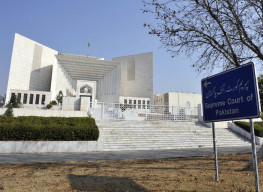
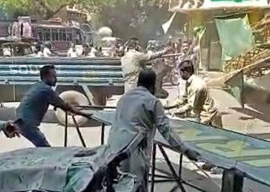
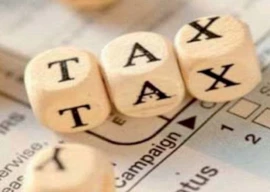
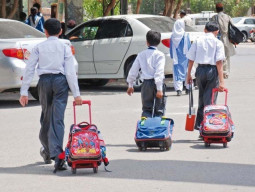

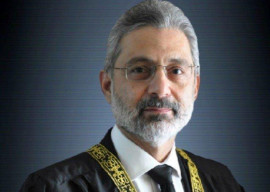






















COMMENTS
Comments are moderated and generally will be posted if they are on-topic and not abusive.
For more information, please see our Comments FAQ